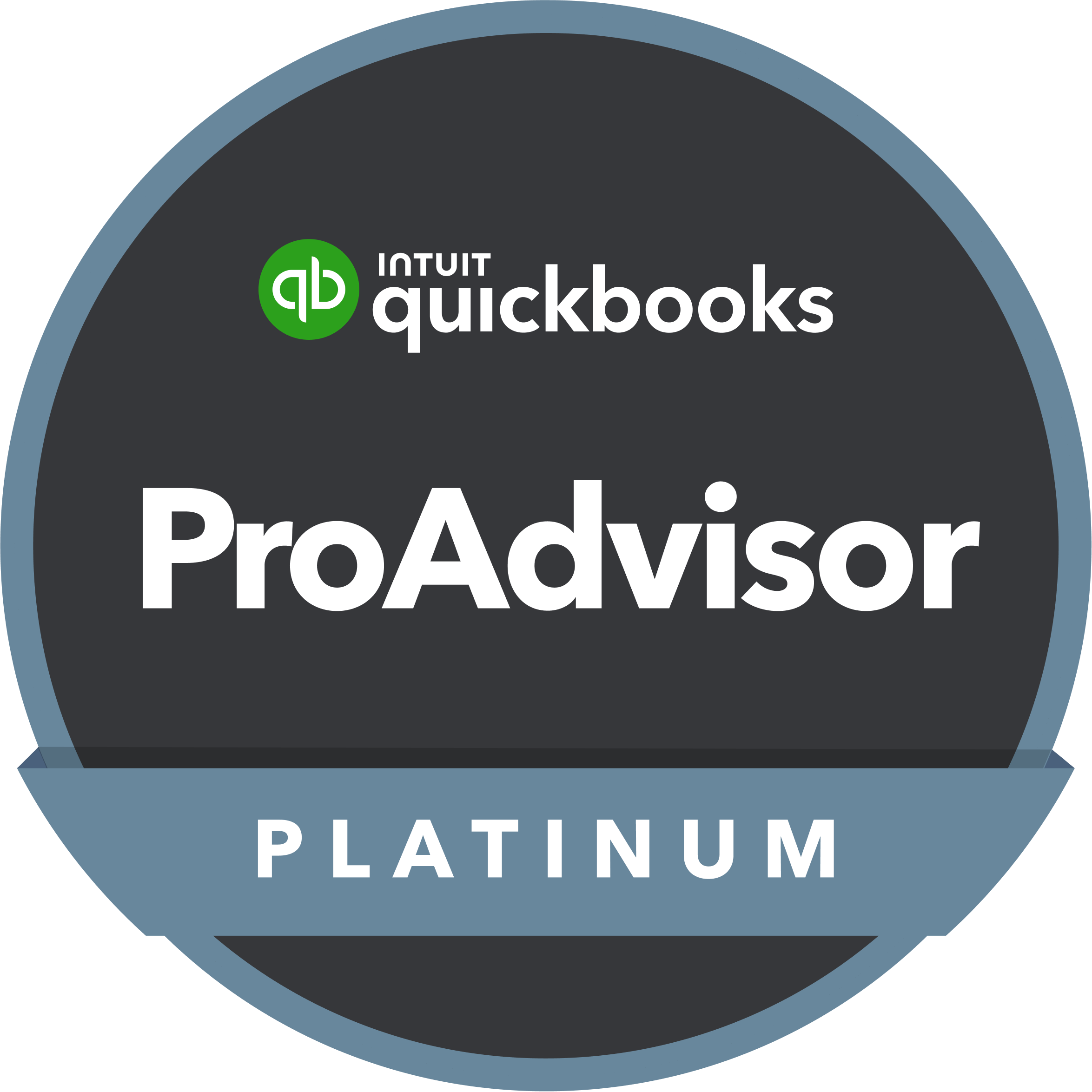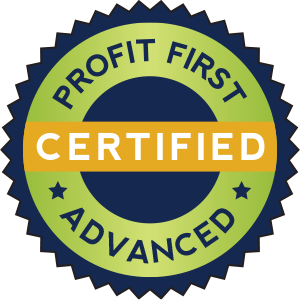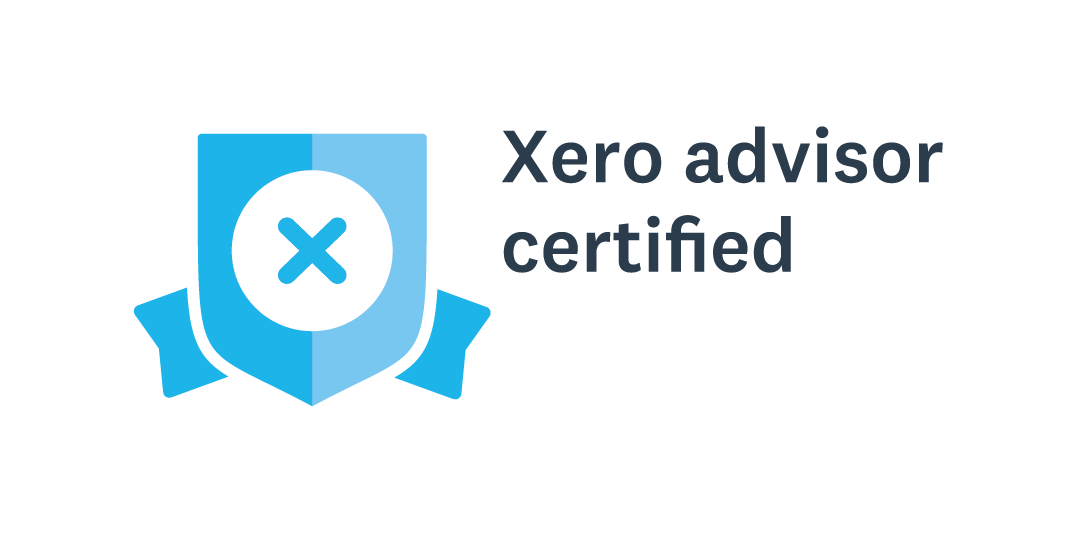There are two things which regularly catch out sole traders - Particularly, when it comes to finding out what their tax bill is.
There’s nothing worse than thinking you’re OK and that you’ve got everything covered and then suddenly receiving a tax bill which is way more than you expected.
So, there's two things that you need to be aware of: National Insurance Contributions and Payments on Account.
National Insurance Contributions
It seems that everyone's aware of Income Tax and the threshold system based on earnings. It’s very popularised and is always widely covered by the media around the time of the budget.
But one thing that people tend to forget about is National Insurance. Your NI contributions still have to be paid, actually they come in at a different threshold to that of income Tax, you’ll start paying once you reach £8.5k. There's also a £150 flat fee to pay.
Now this is something that your accountant will have covered, but for those who manage their own accounts, it’s something that many people overlook.
Payments on Account
Another thing many people tend to miss is payments on account.
The idea behind this is that the tax year finished at the beginning of April and you don't actually have to hand in your tax return or make the payment till the end of the following January. That's quite a lot of time - almost 75% through the next tax year.
So, what basically has happened is with part of the system is when you make your payment for what's due, if you owe a thousand pounds or more, you have to pay another 50% of what's due at the end of January as a kind of payment towards the next tax bill.
You can imagine how you’d feel if you're not expecting National Insurance as an extra 9% and you're not expecting the extra 50% on the tax bill because of payments on account.
You also then have to pay another 50% in July, after the January as another part payment. And then when you get it back, to your next tax return in January you have to pay the balance.
Find out more about payments on account in this blog.
Cash reserves are vital
This leads way to the idea I advocate of stashing some cash behind, almost every month, so you can pay the tax bill to avoid heartbreak when you receive your tax bill in January
I always recommend people put 30% of their profits into a separate bank account so, at least they know they've got enough. In reality you should have more than enough to cover it, but it's always better to have more than too little.
I hope this helps. Do you have questions? Want to know more? Don’t hesitate to drop me a line and I’ll be happy to help.




